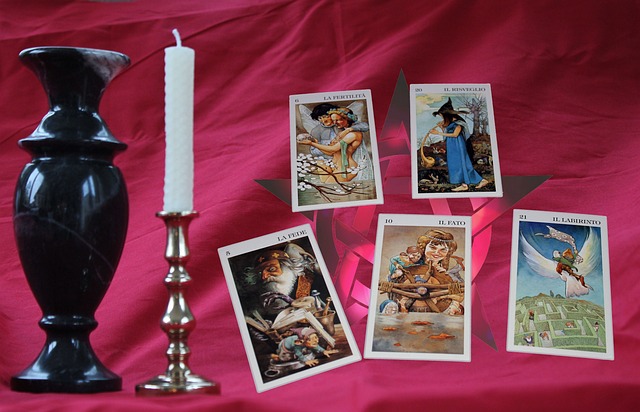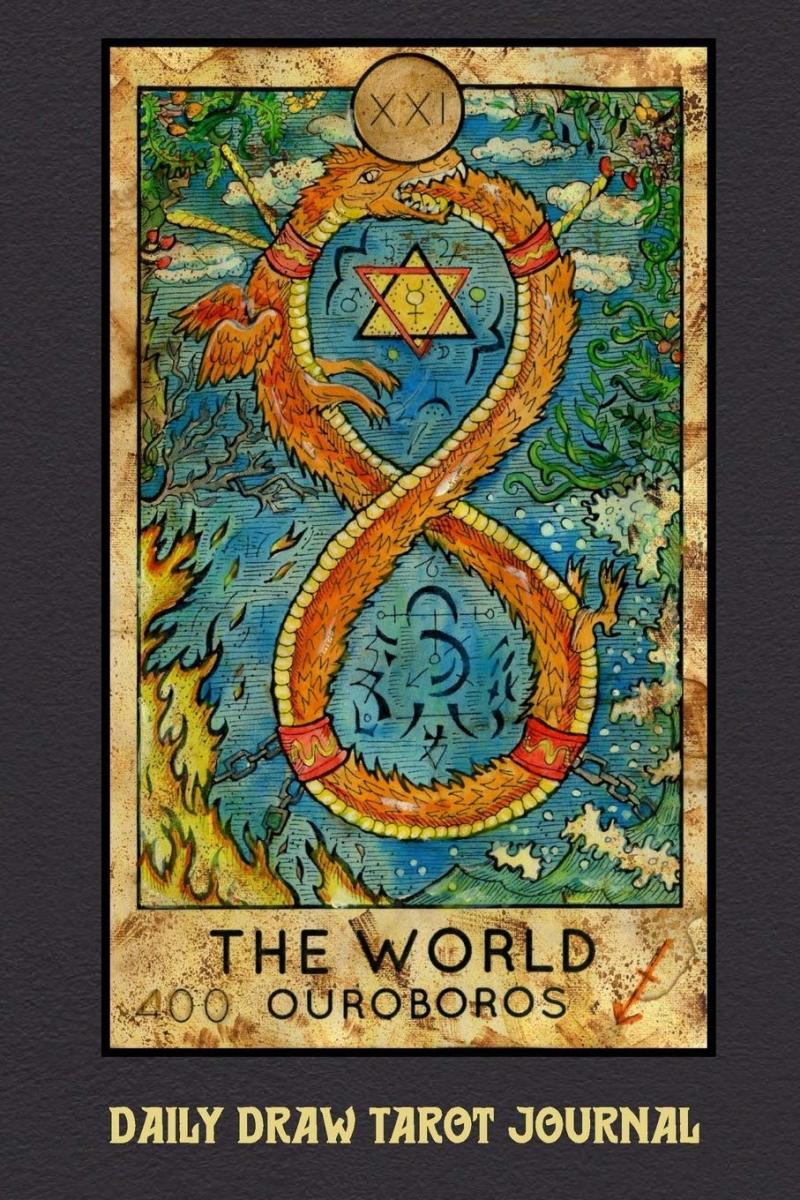
Palm reading is the pseudoscientific practice of fortune telling. It's also called chirology, chiromancy, or cheirology. It is widely practiced across the globe with many cultural variations. It is simple to learn and can provide valuable insight. It is important to fully understand the process before you try reading your palms.
Lifeline
The life line is a visual indicator of your future health. The thickness of your life line, which extends from the palm's edge between your thumbs and forefinger to the center of the palm, is directly related to your physical vitality and lifetime experience. A thick, long life line means a high life expectancy. Conversely, a thin, short life line can indicate a low life expectancy. On the other hand, a short, thin line indicates a lack in integrity and caution.

Fate line
The palm reading technique can give you a clear picture of the future. Your financial success and career will depend on how your fate line is interpreted. Your destiny line should be positive and lead you to your goals and happiness. However, if your fate line is narrow and long, you may need to work extra hard to achieve your dreams and happiness.
Fame line
Examining the Fame line will reveal everything you need to know about your own fate. The Fame line runs across your palm from the index finger to the thumb. It starts at the outside of the palm. This line is a good indicator about your learning style and personality. This line is a good indicator of your intelligence and creativity. A straight line signifies that you are highly logical.
Elementary hand
There are many kinds of hands. One of these is the Elementary hand. It has a square, ungainly appearance and has short, stubby hands. Its skin is rough and its back is hairy. This type of hand is simple but can tell a lot about someone. This hand type is often associated with a slow, awkward personality. However, this hand type can still show creativity and ingenuity.
Earth hand
The Earth hand is often associated with people with practical and sensible personalities. They are also responsible and capable of following instructions. However, they are not very ambitious, so they are better suited for positions that require little education and experience. These people are more likely to live simple lives, but they can have respiratory problems.

Below are examples of readings
There are many types of palm readings. A palm reader will normally look for three key areas in your hand, the mounts, and fate lines. The palm reader can also read four additional lines, such as that of the heart, which runs horizontally across your hand. Each line represents a particular characteristic about you.
FAQ
What's a hobby for children?
For kids, a hobby can be any activity that they are interested in doing as part of their everyday routine. Children might be drawn to, build, paint, create stories, play with toys or watch TV.
Many parents worry about their children getting into trouble if they have the freedom to do what they want. But this isn't always true. Your child won't get in trouble if they are safe and don't do any harm to anyone.
It's important to remember that just because they like to do something doesn't mean that they'll always choose to do it. If they don't like writing but love drawing, they might choose to draw images instead.
There are lots of different types of hobbies out there, so it's really up to you to pick one that you enjoy most.
What are some great hobbies for seniors?
Senior citizens need to find things they like doing. Active seniors should take up sports and other physical activities.
They may be interested in joining clubs to find people with similar interests. This will make them less lonely as they age.
Senior citizens should keep up to date with the latest trends. They could be interested in fashion, art, music and literature.
How do I start my new hobby?
It is important to choose the type of hobby you want to start.
Once you've chosen your subject, you need to be passionate about it.
It is crucial to know why you want to pursue a hobby. It will provide you with direction and purpose.
Once you have determined what hobby you wish to pursue, you can plan your next steps.
Think about what equipment you'll need to purchase.
You should consider whether or not you will need to take classes or attend seminars.
Make sure you have enough space for your hobby.
It might also be worth considering joining a group or club. These groups are often supportive and offer advice.
Consider how much money you would have to spend on your hobby.
Why do we need hobbies
Hobbies play an integral part in our lives. It allows us to unwind and recharge, think creatively, exercise, socialize, have fun, and allow us to enjoy life. These hobbies offer us the opportunity to learn new skills, develop valuable lifelong interests, and provide opportunities for us to do both.
Hobbies give us meaning and purpose in life.
These are a great way for you to have some free time, even if there isn't much else.
They are also very entertaining!
You probably don’t have enough time to pursue hobbies.
Take a look at the many options that are available to you. Maybe you should consider starting a hobby.
Where can I get free resources to learn more?
There are tons of websites devoted to helping people discover new hobbies.
These are our top picks:
www.trythisathome.com - This site provides a list of over 100 different hobbies. It also provides information on how to get started in each one.
www.hobbyfinders.org offers a huge database with thousands of activities. You can search for your interests, skills, location, and many other criteria.
www.indiebazaar.co.uk - IndieBazaar is an online marketplace designed specifically for independent artists and musicians. This site offers hundreds of products, ranging from artwork and music gear.
www.pinterest.com/explore/hobbies - Pinterest is a social media network that lets users "pin" images they find interesting onto their boards. Boards let users organize what they like into particular categories.
www.reddit.com/r/Hobbies Reddit is another social networking platform that allows users to link to articles, videos or other content. Voting lets users vote for which posts are the most valuable.
What are your competitive hobbies?
Swimming, running, cycling, golfing and tennis are some of the competitive sports.
They are usually enjoyed by people who enjoy being active, but also allow for social interaction.
You will probably find people around you who have the same hobby as you, if you are into physical activity.
This may mean joining a club or group where you meet regularly to play sports together.
You might also choose to participate in team games involving playing alongside others.
These include: football (soccer), soccer, cricket, netball.
There are many types and levels of competition.
Some competitions are only for recreational purposes.
Others are meant to test competitors' skills.
Some are even designed to reward outstanding performance.
In these cases, winners receive prizes.
Other competitions aim to assess the strength and endurance of competitors.
These are called endurance events.
For example, marathon races, triathlons, Ironman Triathlon, etc.
Before participating in these events, athletes often train hard.
They will be required to follow a rigorous training program in order to prepare mentally and physically.
They may also need to spend some time away from home during preparation.
It's important to remember that not all athletes compete in every type of event.
Statistics
- The intensity of the dialogue partners' bond at the end of the forty-five-minute vulnerability interaction was rated as closer than the closest relationship in the lives of 30 percent of similar students. (time.com)
- Almost 80% of people claim to have no hobby. (hobbylark.com)
- Studies show that just six minutes of reading can reduce stress levels by 60 percent. (oberlo.com)
- This 100% accurate personality-analyzing hobby quiz discovers your passion based on your characteristics. (quizexpo.com)
- In comparison, men in the “no humor” condition were refused 84.6% of the time and were only accepted 15.4% of the time. (time.com)
External Links
How To
How to Begin Baking
Baking involves the preparation of food using flour, eggs (or sugar), butter, or both. The main ingredients used in baking are flour, fats, sugars, leavening agents, salt, and water. We'll be covering how to make bread. We will be using common ingredients such wheat flour and yeast as well as butter, olive oils, butter, egg whites (milk powder), eggs whites, egg yolks, salt, honey, water, and butter.
To bake bread, you need to mix these ingredients together. In a large bowl, combine the dry ingredients (flour yeast, salt) and add them to the bowl. Then, add the dry ingredients (flour, yeast, salt) to your mixing bowl. Combine them. The honey should be added to the dough. Knead the dough until it is smooth. The dough should rise for approximately 30 minutes. After rising, the dough should be light and soft. You can roll out the dough and place it on a baking sheet. Bake at 180°C 15 minutes.